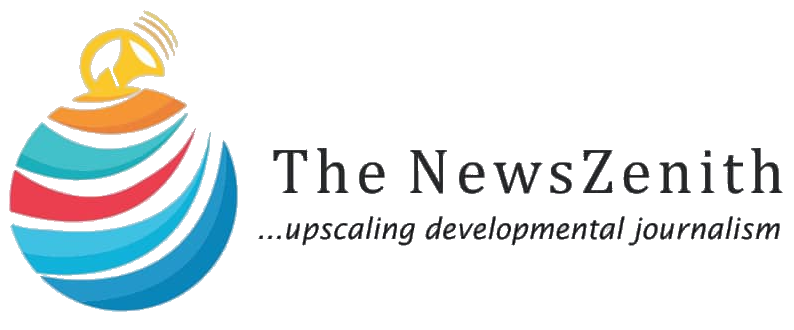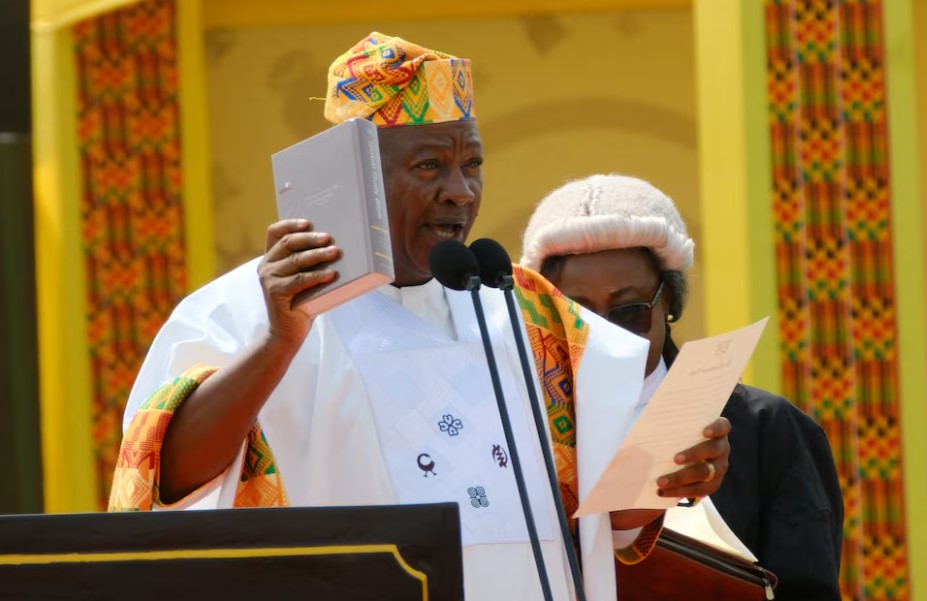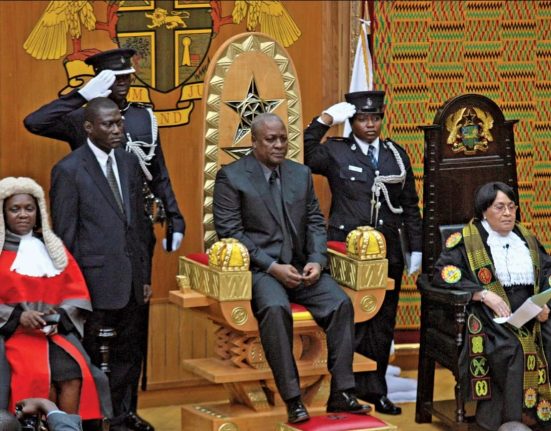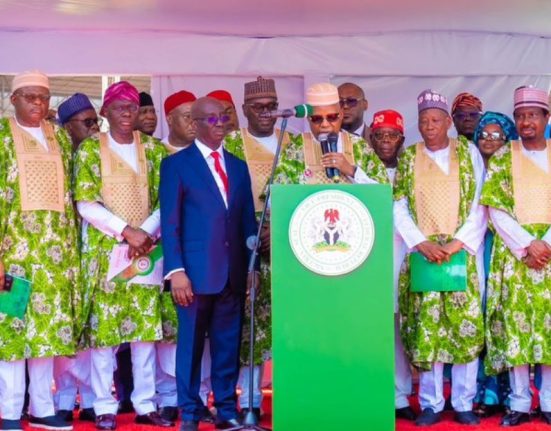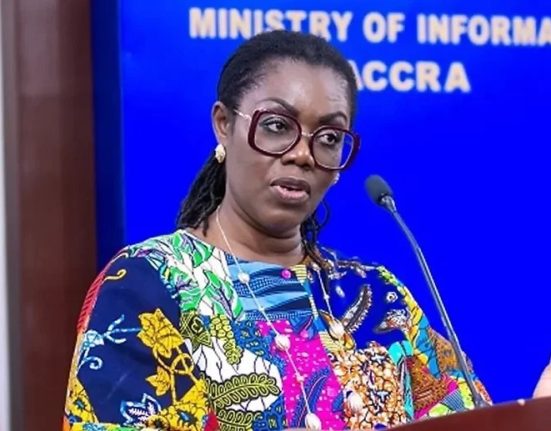Accra, Jan. 7, ‘25 (Reuters/TNZ) Mr John Mahama was sworn in for a second term as Ghana’s president at a Tuesday ceremony in the capital Accra.
Mahama pledged to overcome public discontent by boosting the economy and creating jobs.
The opposition leader, 66, won the Dec. 7, 2024 presidential election by a wide margin to stage a political comeback in the West African nation.
He replaces Nana Akufo-Addo, who steps down after serving two terms, continuing Ghana’s democratic tradition in a region gripped elsewhere by military coups and jihadist insurgencies.
Over 20 presidents and heads of state attended the inauguration in Accra’s Independence Square.
The independent square is the scene of Ghanaian presidential inaugurations since Kwame Nkrumah was sworn in over six decades ago.
“We are a people battered by economic crises and hardships.
“But there’s hope on the horizon,’’ Mahama said in a speech to cheers from thousands of boisterous supporters.
Following the COVID-19 pandemic, a cost-of-living crisis, an ongoing bailout from the International Monetary Fund and a sovereign debt default, Ghana’s economy is again growing.
But Mahama is under pressure to deliver quickly on campaign promises to curb high youth unemployment and root out entrenched corruption.
These are issues that have fuelled distrust in Ghana’s political system.
“The average Ghanaian is growing impatient with our democracy,’’ Godfred Bokpin, a finance professor at the University of Ghana, told Reuters.
Read Related News:
- Ghana closes land borders ahead of elections
- 3 policemen die in Ghana car crash
- Ghanaian soldier dies after rifle discharges accidentally
- Climate change: Ghana to accelerate renewable energy development
- Ghana extends deadline for domestic debt exchange
“People have done their part by voting but they’re asking: what have they gotten from this democracy?’’
Power Crisis and Hunger
In his speech, Mahama promised to anchor his new economic model on agriculture and agribusiness.
He added that the model would provide jobs for young people stimulate local industry and attract foreign investment.
Analysts and supporters of Mahama’s National Democratic Congress (NDC) party see his two-thirds majority in parliament as a strong mandate to take tough decisions.
They also expect him to implement credible policies to improve livelihoods and regain investor confidence.
But a looming power crisis will pose an early challenge with preliminary estimates showing arrears to service providers over $2.5 billion.
The worsening outlook threatens to curtail output and hamper the nascent economic recovery.
“The outgoing government kept the system running by bandaging open sores,’’ said Bright Simons of Accra-based IMANI think-tank. “They left the festering wounds for him.’’
Other issues requiring immediate attention are high inflation and exchange rate challenges that are squeezing the incomes of ordinary Ghanaians.
Inflation rose for the third month in a row in November to 23 per cent, boosted by surges in food prices.
“We can talk about the skyscrapers and complex things but the reality is that the average Ghanaian is hungry. You must prioritise food production,’’ Bokpin said. (Reuters)
